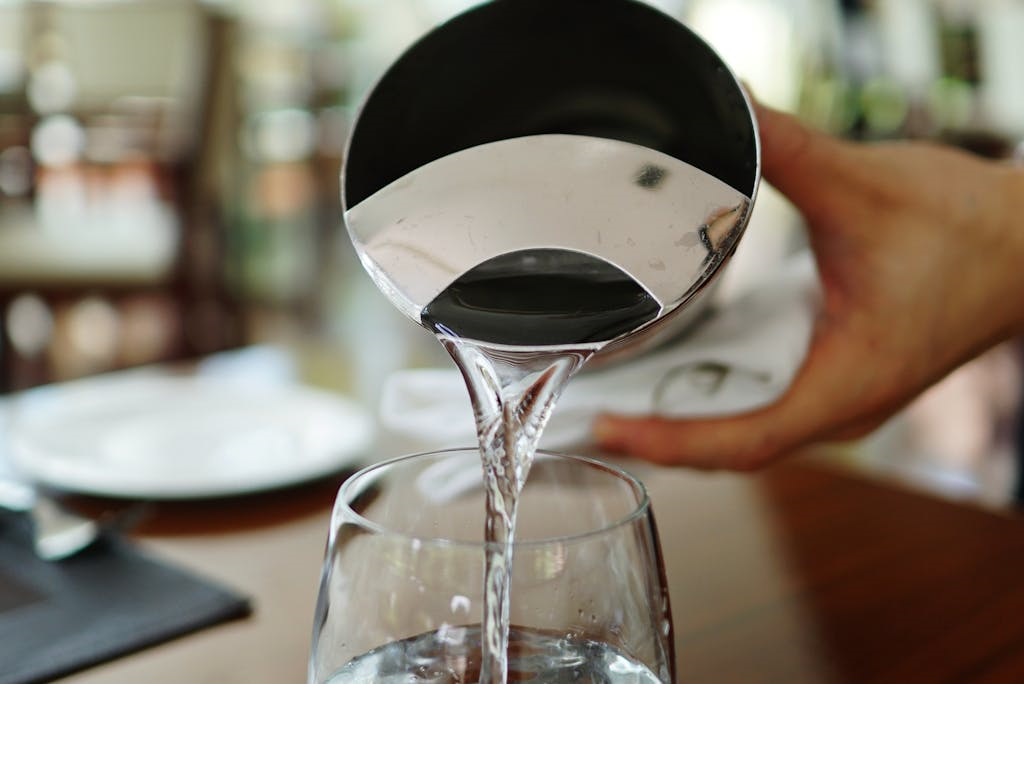Staying hydrated is crucial for our overall well-being, yet many people unknowingly experience dehydration due to inadequate water intake. It’s important to recognize the subtle signs of low water intake to maintain optimal health and prevent potential complications. In this article, we will explore five hidden signs of dehydration that individuals should be aware of, providing valuable insights for maintaining proper hydration.
Fatigue and Low Energy Levels
One of the lesser-known signs of dehydration is frequent fatigue and low energy levels. When the body lacks sufficient water, essential bodily processes slow down, leading to feelings of exhaustion. If you find yourself often feeling tired even after getting enough sleep, it may be an indication that you need to increase your water intake.
Dry or Dull Skin
Dehydration can manifest in the form of dry, flaky skin, which may feel rough to the touch. Inadequate water intake can affect the skin’s elasticity, leading to a lackluster appearance. To maintain healthy and glowing skin, it is crucial to support hydration from within by drinking an adequate amount of water each day.
Frequent Headaches
Headaches are a common symptom of dehydration that often go unnoticed. When the body lacks water, it can cause the brain to temporarily shrink and pull away from the skull, triggering headaches. If you frequently experience headaches, it is essential to consider whether you are drinking enough water throughout the day.
Increased Appetite and Food Cravings
Dehydration can sometimes be mistaken for hunger, leading to unnecessary snacking and overeating. When the body is dehydrated, it may send signals that mimic the sensation of hunger, leading individuals to reach for food when they actually need water. Paying attention to your body’s cues and ensuring adequate hydration can help distinguish between true hunger and dehydration.
Decreased Urination and Darker Urine
The color and frequency of urine can provide valuable insights into hydration levels. A decrease in urination frequency and darker urine can be indications of dehydration. Ideally, urine should be light yellow in color, and frequent urination is a sign that the body is adequately hydrated. If you notice a decrease in urination or a significantly darker color, it may be time to increase your water intake.
By being mindful of these hidden signs of dehydration, individuals can proactively maintain proper hydration levels and support their overall health. Remember to drink water consistently throughout the day, even if you don’t feel particularly thirsty. Prioritizing hydration is a simple yet significant step toward enhancing your well-being.

